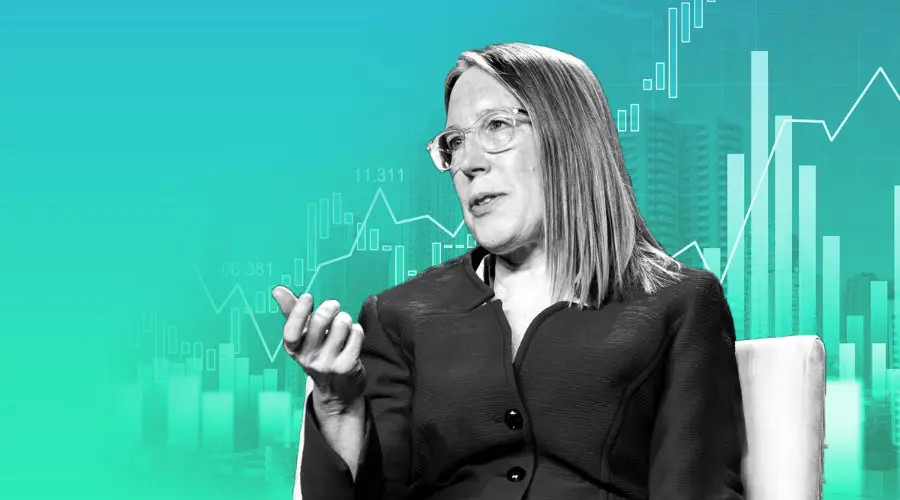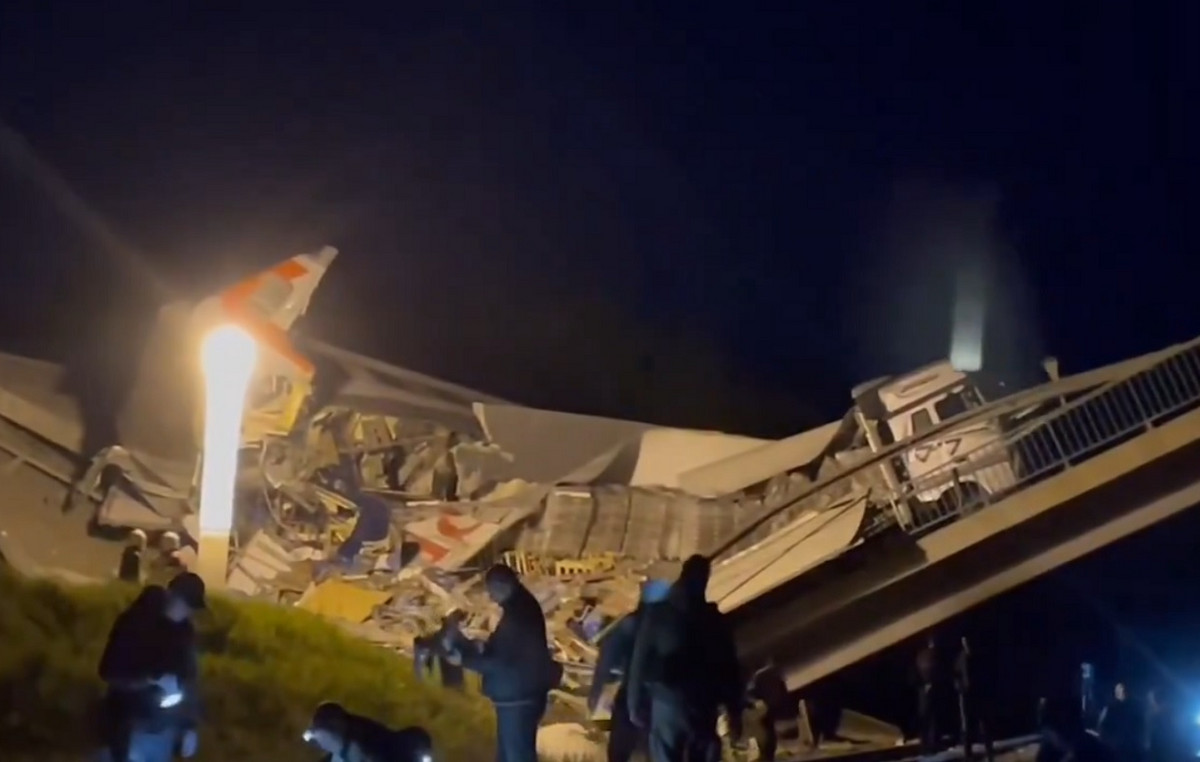Montclair Bread Co. closed last weekend after a quarter of the team tested positive for Covid-19. The bakery lost 25% of monthly sales.
“Basically, we’re open during the week to get ready for the weekend,” said Rachel Wyman, who owns the artisan bread, donut and treat store in Montclair, NJ.
The bakery, which has existed for 10 years, remained open during the pandemic because it is considered an essential service.
“I can’t remember the last time I made the decision to close on a weekend,” added Wyman.
Without enough bakers to operate, she had no choice. She made the decision on Thursday (6) to close activities for a week to give the entire team time to “take the test and come back healthy, with hope.”
Wyman is paying his employees for the week off. But it’s going out of her budget, so she’s late paying her rent on her house.
Although she hopes to open this weekend, the plan is fluid. She found out on Wednesday (5) that two more employees tested positive.
The latest coronavirus outbreak in the United States, driven by the Ômicron variant, has disrupted business. It also overwhelmed its employees, who were already exhausted from nearly two years of hard work during the pandemic and a historic labor shortage.
As the US returns to Covid-19, stores, restaurants, airlines and other industries have little choice but to serve customers less — or not at all.
Apple last week closed all of its New York City stores for customer browsing, while Macy’s said it would shorten its Monday-Thursday morning and evening hours throughout this month.
Some workers are falling ill, while others complain that their day care plans are changing, with some schools closing. Some employees are staying at home, afraid of catching the virus at work.
On Wednesday, six employees at a Starbucks in Buffalo who recently voted to join a union withdrew, citing health concerns. The stoppage caused the store to temporarily close.
Ômicron increases labor shortage
The growing number of sick workers increases the pressures companies face to retain employees and fill vacancies, as well as the demands on current workers, who are forced to take on extra responsibilities or shifts.
The increase has led to “widespread cancellations and closures as companies with few staff are hit by a wave of employees calling in sick,” said Michael Pearce, senior economist at Capital Economics, in an email to clients on Wednesday -market.
Several recent data, which do not yet take into account the arrival of the Ômicron variant, highlight the historically tight US labor market.
A record 4.5 million Americans voluntarily left their jobs in November, according to Bureau of Labor Statistics data released on Tuesday (4). This pushed the dropout rate to 3%, equaling the September high.
“Workers continued to leave their jobs at a historic rate. The low-wage sectors directly affected by the pandemic continued to be the source of much of the high dropout rate,” said Nick Bunker, director of research at the Even Hiring Lab, in a comment email Tuesday.
Employers also had 10.6 million jobs to fill in November, down slightly from just over 11 million in October.
Small business owners, in particular, continue to struggle to find workers: 48% of all small business owners reported they had jobs they couldn’t fill in November, a one-point drop from October, according to with a survey by the National Federation of Independent Businesses conducted last month.
‘Positive, positive, positive’
In New York City, one of the first pandemic hotspots, Covid-19 cases have exploded in recent weeks. The increase has led to understaffing at restaurants like Neir’s Tavern, a historic little bar in Queens.
On December 18, Neir’s owner, Loycent Gordon, received a call from one of his bartenders who was not feeling well. The clerk later told Gordon that his test came back positive.
Gordon decided that the rest of the team, which totals about eight people in total, should be tested.
“That’s when hell started,” he said. “Everyone started to feel bad, they started posting test results in the group chat. And everyone kept saying positive, positive, positive.”
For about a week and a half after that, Neir’s Tavern’s eight-person team dwindled to just two. Gordon himself tested positive during this period and suffered from symptoms, and had to isolate himself.
Due to interruptions, Gordon closed the tavern for two days, in addition to the planned closing on Christmas Day. He also canceled events such as bar trivia and open mic night.
Hiring temporary workers was not an option, he said. With Gordon and most of his employees sick, “who will train them?”
Gupshup, a trendy Indian restaurant in Manhattan, also suffered from understaffing, said owner Jimmy Rizvi. Because of employees saying they were sick, Rizvi and other employees had to wear different hats to keep the restaurant running.
“I came in as a host. My chef … had to work the lines,” he said. On another occasion, when a bartender didn’t show up, a barback filled in.
The ad-hoc approach means that, until now, Gupshup hasn’t had to close its doors. As Rizvi said, “We juggled our existing team.”
Anneken Tappe of CNN Business contributed to this article.
This content was originally created in English.
original version
Reference: CNN Brasil
I am Sophia william, author of World Stock Market. I have a degree in journalism from the University of Missouri and I have worked as a reporter for several news websites. I have a passion for writing and informing people about the latest news and events happening in the world. I strive to be accurate and unbiased in my reporting, and I hope to provide readers with valuable information that they can use to make informed decisions.





